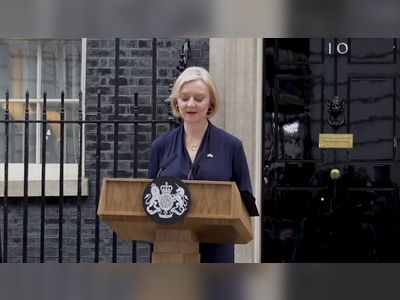
UK Government Spends £312 Million Upgrading to Windows 10 Just as Support Ends
Defra completes long-delayed IT overhaul but faces renewed scrutiny as Windows 10 reaches end-of-life status
The UK’s Department for Environment, Food and Rural Affairs (Defra) has completed a £312 million technology overhaul, upgrading more than 31,000 devices from Windows 7 to Windows 10—just as Microsoft officially ended support for the operating system in October 2025. The department’s goal was to replace outdated hardware, strengthen cyber resilience, and modernize essential national services including flood monitoring systems and border operations.
According to government disclosures, the upgrade program eliminated tens of thousands of legacy laptops and addressed a backlog of security vulnerabilities.
It also allowed Defra to close one data centre, with additional facilities set for decommissioning in the coming years.
However, despite the investment, thousands of older devices remain in use: 24,000 are still classed as end-of-life, and another 26,000 smartphones and network components await replacement.
The timing of the upgrade has drawn criticism from technology analysts and auditors who note that Windows 10 is itself being retired.
Defra has not confirmed whether it will purchase extended support from Microsoft or begin transitioning to Windows 11. Some of the newly upgraded devices reportedly lack the performance capacity to run newer systems effectively, suggesting the move may serve as a short-term stopgap rather than a sustainable fix.
Defra said the next phase of its modernization program will focus on cloud migration, application updates, and automation to reduce technical debt and improve efficiency.
The department claims these steps will enhance productivity and reliability across frontline operations.
However, past government IT projects have often exceeded their budgets and timelines, leaving questions over whether this effort will deliver lasting value.
For now, officials maintain that the overhaul provides immediate stability and better protection for critical infrastructure, even if the full benefits will depend on how swiftly Defra executes its next digital transformation phase.
According to government disclosures, the upgrade program eliminated tens of thousands of legacy laptops and addressed a backlog of security vulnerabilities.
It also allowed Defra to close one data centre, with additional facilities set for decommissioning in the coming years.
However, despite the investment, thousands of older devices remain in use: 24,000 are still classed as end-of-life, and another 26,000 smartphones and network components await replacement.
The timing of the upgrade has drawn criticism from technology analysts and auditors who note that Windows 10 is itself being retired.
Defra has not confirmed whether it will purchase extended support from Microsoft or begin transitioning to Windows 11. Some of the newly upgraded devices reportedly lack the performance capacity to run newer systems effectively, suggesting the move may serve as a short-term stopgap rather than a sustainable fix.
Defra said the next phase of its modernization program will focus on cloud migration, application updates, and automation to reduce technical debt and improve efficiency.
The department claims these steps will enhance productivity and reliability across frontline operations.
However, past government IT projects have often exceeded their budgets and timelines, leaving questions over whether this effort will deliver lasting value.
For now, officials maintain that the overhaul provides immediate stability and better protection for critical infrastructure, even if the full benefits will depend on how swiftly Defra executes its next digital transformation phase.









